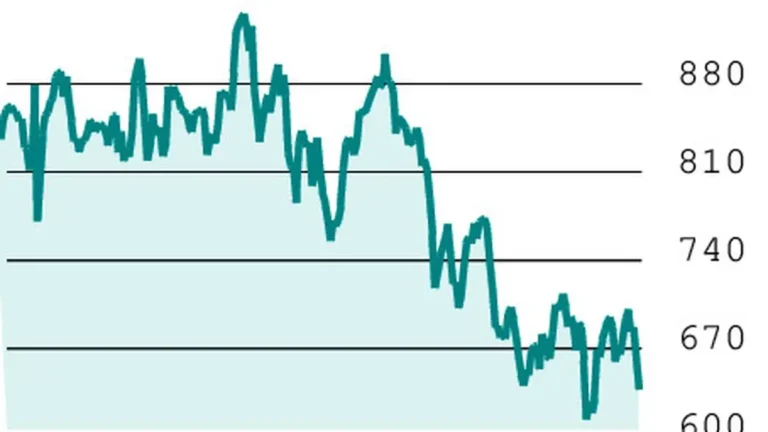New Delhi, Jul 30 (KNN) A Quality Control Order issued by India’s steel ministry in June has created significant market disruptions, with smaller firms bearing the brunt of new certification requirements while larger players gain competitive advantages, according to a report released Tuesday by the Global Trade Research Initiative (GTRI).
The QCO, implemented on June 13, mandates Bureau of Indian Standards certification for steel raw materials imports.
Within hours of its introduction, a major domestic stainless steel producer raised prices substantially, having allegedly obtained quality clearances for foreign suppliers prior to the rule’s enforcement, GTRI stated in its analysis.
The new certification requirements have particularly impacted Micro, Small and Medium Enterprises across sectors including automotive components, precision engineering, and construction.
These firms, which rely heavily on imported semi-finished steel products, are experiencing shipment delays, increased demurrage costs, and contract cancellations as they struggle to meet the new compliance standards.
Despite an interim stay order issued by the Madras High Court on July 17, operational challenges persist. The Steel Import Monitoring System portal continues to require BIS certificate details, prolonging supply chain disruptions across affected industries.
The Steel Ministry has since approached the Supreme Court to challenge the High Court’s stay order.
Ministry officials have defended the QCO as necessary to ensure competitive parity between domestic producers and importers while preventing the dumping of substandard steel products in the Indian market.
However, GTRI has characterised the measure as ‘duplicative, impractical and harmful to trade,’ noting that BIS already conducts factory audits and raw material verification through its Foreign Manufacturer Certification Scheme.
The think tank’s report suggests the QCO could potentially violate World Trade Organisation guidelines as a non-tariff barrier.
GTRI argues that certification should focus on final products reaching end users rather than requiring verification at every production stage, noting that major economies including the United States, European Union, and Japan do not mandate separate raw material certification when final products meet established quality standards.
The report identifies additional concerns regarding market distortion, highlighting exemptions granted to finished products such as welded pipes. These exemptions appear to favour value-added imports over domestic manufacturing capabilities, according to the analysis.
GTRI has recommended immediate suspension of the QCO pending comprehensive stakeholder consultations.
The organisation also proposes exemptions for inputs already verified under the Foreign Manufacturer Certification Scheme and implementation of a 90-day transition period for any future regulatory modifications to allow adequate industry adaptation.
(KNN Bureau)















